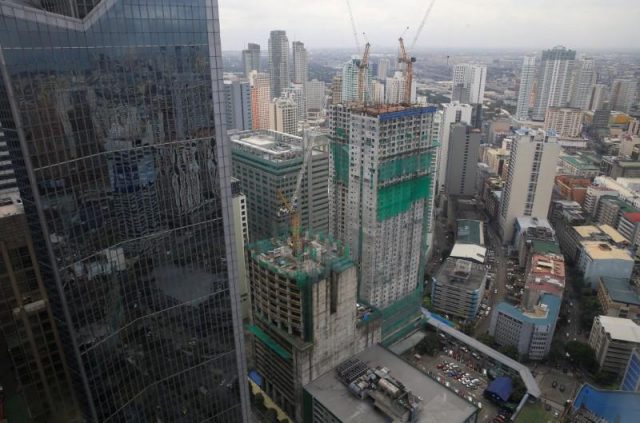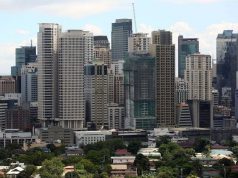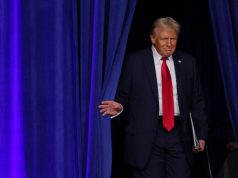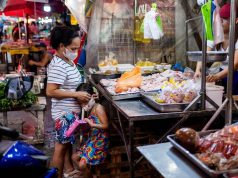
MANILA, Philippines — Tax holidays and other incentives granted mostly to big business are costing government over P300 billion a year in foregone revenues, the Department of Finance said.
Citing 2015 data, Finance Undersecretary Karl Kendrick Chua said income tax holidays and special rates account for P86.25 billion of the revenue losses, while customs duty exemptions account for P18.4 billion.
Exemptions from paying value-added tax (VAT) on imports led to P159.82 billion in lost foregone revenues, local VAT, P36.96 billion, although part of will eventually have to be refunded because these are imposed on exporters, he said in a statement.
These incentives, totaling P301.22 billion, do not yet include exemptions from the payment of local business taxes and the estimates on tax leakages, he added.
In terms of income tax incentives, the government, in effect, gave away P61.33 billion to companies in 2011, an amount that rose to P88.17 billion in 2014.
Customs duty exemptions, however, went down from P82.97 billion in 2011 to P38.04 billion in 2014 due to the various free trade agreements signed by the Philippines with other countries.
“So on average, we gave away up to 1.5 percent of our GDP in income tax and custom duties exemptions,” Chua said.
He said the enactment of the Tax Incentives Management and Transparency Act (TIMTA) in 2016 allowed the DOF to track incentives systematically.
TIMTA data show that in 2015, income tax holidays accounted for P53.77 billion in foregone revenues; special rates, P32.48 billion; and import duty incentives, P18.14 billion or a total of P104.40 billion in tax incentives given away by the government, which would have accounted for almost 5 percent of national government revenues and 0.78 percent of GDP, Chua said.
Data for the VAT and local business taxes are not mandated under the TIMTA.
“So in general, we are giving almost 0.8 percent of GDP so far on tax incentives from these income tax holidays and custom duty exemptions. Together with the VAT, it is P301 billion, or 2 percent of GDP. These are only the investment incentives,” Chua said.
After the passage of the Tax Reform for Acceleration and Inclusion Act, the DOF is now preparing to introduce to Congress the Duterte administration’s package two of the tax reform measure focused on reducing corporate income tax rates while rationalizing fiscal incentives.
Under the proposal, the DOF aims to lower the CIT rate to 25 percent, while rationalizing incentives for companies to make these performance-based, targeted, time-bound, and transparent.
“Through this proposal, the government would be able to ensure that incentives granted to businesses generate jobs, stimulate the economy in the countryside and promote research and development; contain sunset provisions so that tax perks do not last forever; and are reported so the government can determine the magnitude of their costs and benefits to the economy,” the DOF said.
The department aims to submit the proposal to the House of Representatives this month.









